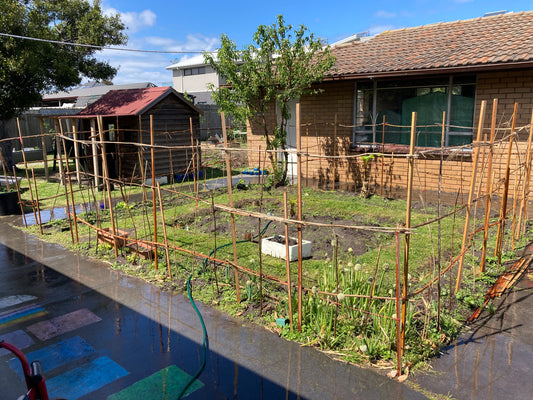What is ECA's statement on play?
ECA's statement on play is a comprehensive document that outlines the importance of play in early childhood education. It highlights the many benefits of play, including cognitive, social, emotional, and physical development. The statement also emphasizes the role of educators in creating play-based learning environments that foster creativity, curiosity, and problem-solving skills.
How does ECA's statement support our play focus?
By aligning with ECA's statement on play, we ensure that our approach to early childhood education is evidence-based and grounded in best practices. We believe that children learn best through play, and ECA's statement reinforces this belief. It provides us with a framework to guide our curriculum and pedagogy, ensuring that play is at the center of everything we do.
Furthermore, ECA's statement on play helps us advocate for the importance of play in early childhood education. It provides us with a strong foundation to engage with parents, policymakers, and the wider community, and to raise awareness about the value of play in children's lives. By sharing ECA's statement, we can inspire others to prioritize play and create play-rich environments for children.
Why is play so important?
Play is not just a way for children to have fun; it is a vital component of their overall development. Through play, children learn important skills such as problem-solving, communication, and collaboration. Play also helps children develop their imagination, creativity, and self-expression.
Additionally, play allows children to explore their world, make sense of their experiences, and develop a sense of agency and autonomy. It promotes physical activity and helps children develop their gross and fine motor skills. Play also supports children's social and emotional development, as they learn to navigate relationships, regulate their emotions, and develop empathy and resilience.
How can parents and educators support play?
Parents and educators play a crucial role in supporting play. They can create an environment that encourages and values play, providing children with open-ended materials, time, and space to explore and engage in imaginative play. They can also be active participants in play, joining in and extending children's play experiences.
Furthermore, parents and educators can advocate for play in their communities and schools, raising awareness about its importance and advocating for policies that prioritize play-based learning. By working together, we can ensure that play remains a fundamental part of every child's early years.
At ECA, we are committed to promoting and supporting play in early childhood education. By aligning with ECA's statement on play, we are able to provide children with the best possible learning experiences, fostering their holistic development and setting them up for a lifetime of learning and success.
For a full copy of the statement please follow the link below:
https://www.earlychildhoodaustralia.org.au/wp-content/uploads/2023/10/ECA-Statement-on-Play-Oct2023.pdf?fbclid=IwAR3WQiURWGWF7NM6P1CuYjKSsvBKoVF9u7MIS6AlS5NkxbMy7fyo_eJyuyQ




